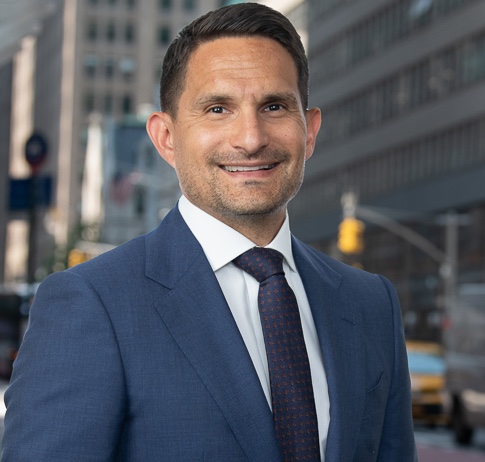Originally published by Forbes on April 20, 2021.
On Sunday, twelve of Europe’s top soccer clubs announced that they were launching a European Super League and breaking away from traditional European competition. AC Milan, Arsenal, Atletico Madrid, Chelsea, Barcelona, Internazionale, Juventus, Liverpool, Manchester City, Manchester United, Real Madrid, and Tottenham Hotspur all joined as the Super League’s founding clubs. No French or German clubs have agreed to take part, although three more clubs are expected to sign on. The proposed framework involves a total of 20 teams.
As part of the move, all 12 founding clubs are expected to immediately resign from the European Club Association, the body representing the interests of professional soccer clubs in Europe. The competition is expected to take place as soon as possible, and will reportedly include a women’s Super League competition in the future. On Monday, U.S. investment bank JP Morgan confirmed that it is financing the Super League, providing a $4.2 billion grant to the founding clubs to spend on infrastructure and recovery from the impact of the COVID-19 pandemic.
The timing of the Super League announcement interestingly arrives ahead of an announcement by UEFA, the administrative governing body of European soccer, regarding changes to its Champions League tournament. UEFA is expected to increase the tournament from 32 to 36 teams beginning in 2024. The tournament’s existing structure of eight groups of four would be replaced by one league where all teams play ten games on a seeded basis. The 12 Super League clubs had reportedly been pushing UEFA to change the Champion’s League format to allow for more games among top clubs, a move the UEFA was evidently rejecting by expanding the number of teams.
With the Super League, founding clubs aim to improve the quality and intensity of existing European competitions by allowing top clubs and players to regularly compete. They also believe the Super League will drive enhanced value and create a more sustainable commercial model. However, it appears that the club owners misjudged how their announcement would be received. The Super League has been widely condemned as a power grab by the wealthiest clubs to further enrich themselves at the expense of tradition and open competition. Fifteen of the 20 Super League clubs would compete each year without any need to qualify based on merit.
Sunday’s announcement was met with backlash from across the international soccer world. Politicians, football associations, former and current players, and fans all publicly criticized the move. U.K. Prime Minister Boris Johnson objected to the plans. French President Emmanuel Macron and Italian Prime Minister Mario Draghi also voiced concerns. UEFA issued a statement with the English, Spanish, and Italian Football Associations, as well as the Premier League, Spain’s LaLiga, and Italy’s Serie A saying they will “remain united” in their efforts to stop a “cynical project” that is “founded on the self-interest of a few clubs.” “Football is based on open competitions and sporting merit,” the statement further read. The associations issuing the statement also plan to ban the Super League clubs and their players from playing in any other domestic or international competition.
Fans of the Premier League clubs condemned the decision as well. Chelsea’s Supporter’s Trust described it as “a decision of greed to line the pockets of those at the top” that has “been made with no consideration for the loyal supporters, our history, our future and the future of football in this country.” At Leeds United’s Monday night match against Liverpool, a Super League founding club, supporters brought signs that read: “Fans say no to Fenway’s Super Greed. No Super League” and “Love for the working class game ruined by greed and corruption! RIP LFC. Thanks for the memories.” Leeds players also took the field with warm-up shirts that read “Champions League. Earn It” and “Football is for the fans.” The same warm-up shirts were also reportedly left in Liverpool’s locker room before the match.
Liverpool captain James Milner described the plan, saying, “I don’t like it one bit and I hope it won’t happen.” Liverpool’s manager, Jurgen Klopp stated that he was not consulted by club owners on signing up for the Super League. “We were not involved in any processes, not the players, not me, we didn’t know about it. The facts are out there and we will have to wait how it develops,” Klopp was quoted as saying.
The Super League seems, very surprisingly, crafted and announced with little to no input from coaches, players, or fans. In doing so, the owners have grossly overestimated their ability to single-handedly reform European soccer from inside the boardroom. To expect impacted players to accept such significant change without input or feedback also seems quite tone-deaf to the current environment, where athletes are extremely active and vocal on a range of social and other issues. Play resumed in empty stadiums across Europe almost a year ago, and if there is anything to learn from sports in 2020 it’s that sports are not the same without the support of the fans. Based on reactions across the soccer world on Monday, soccer fans do not appear to support the announced changes. As a result, European soccer is unlikely to be transformed without a very passionate and public battle.

